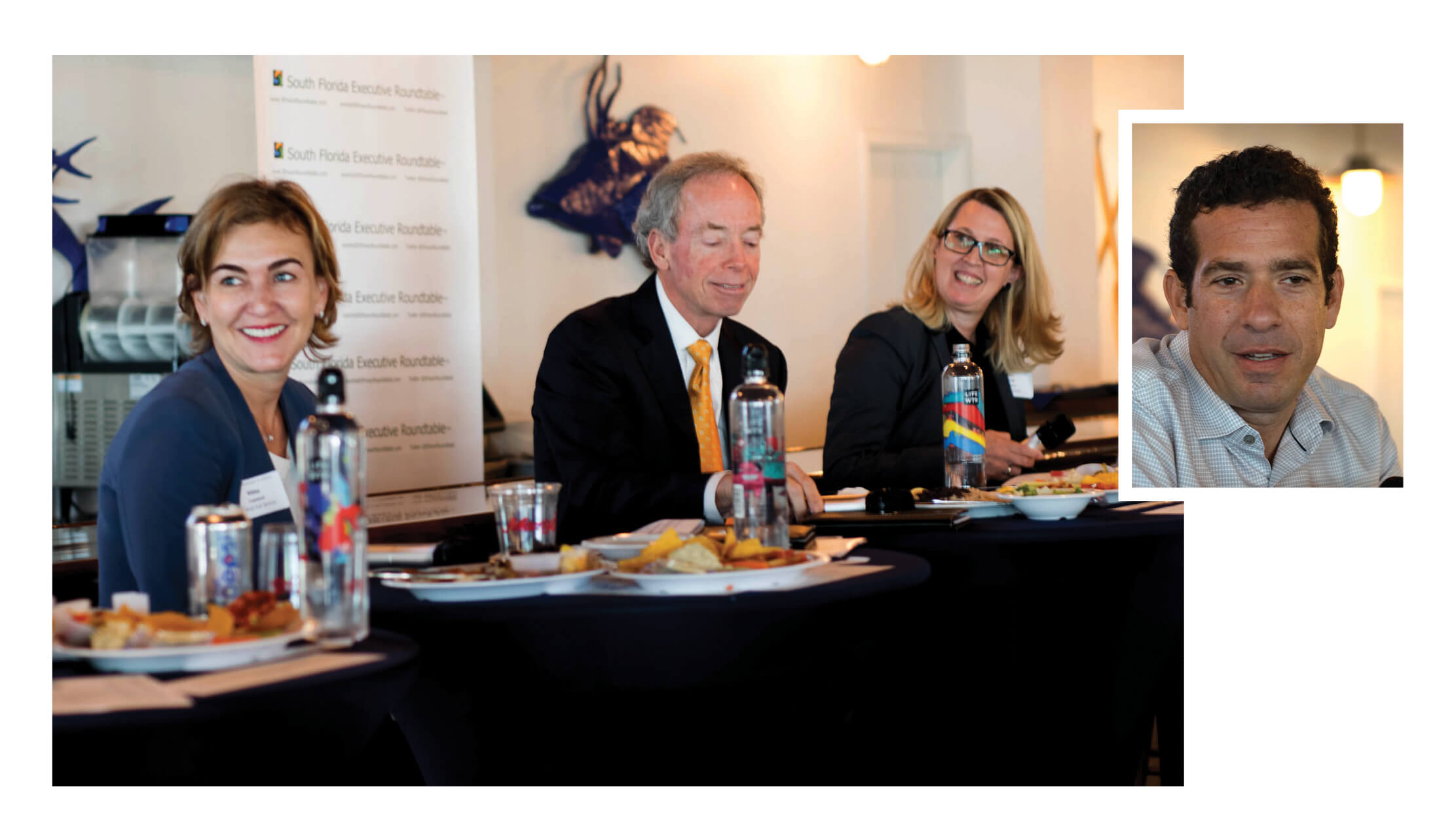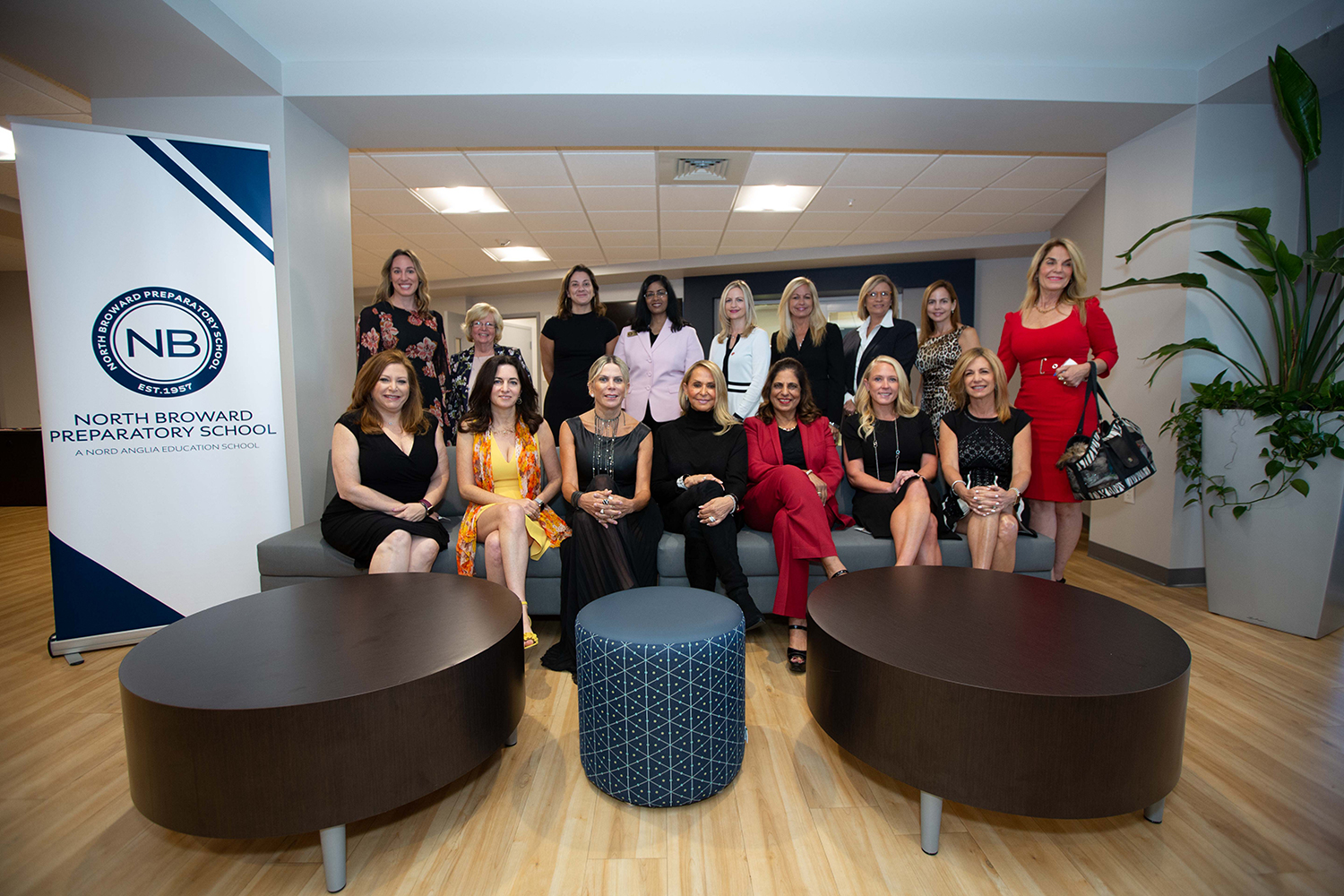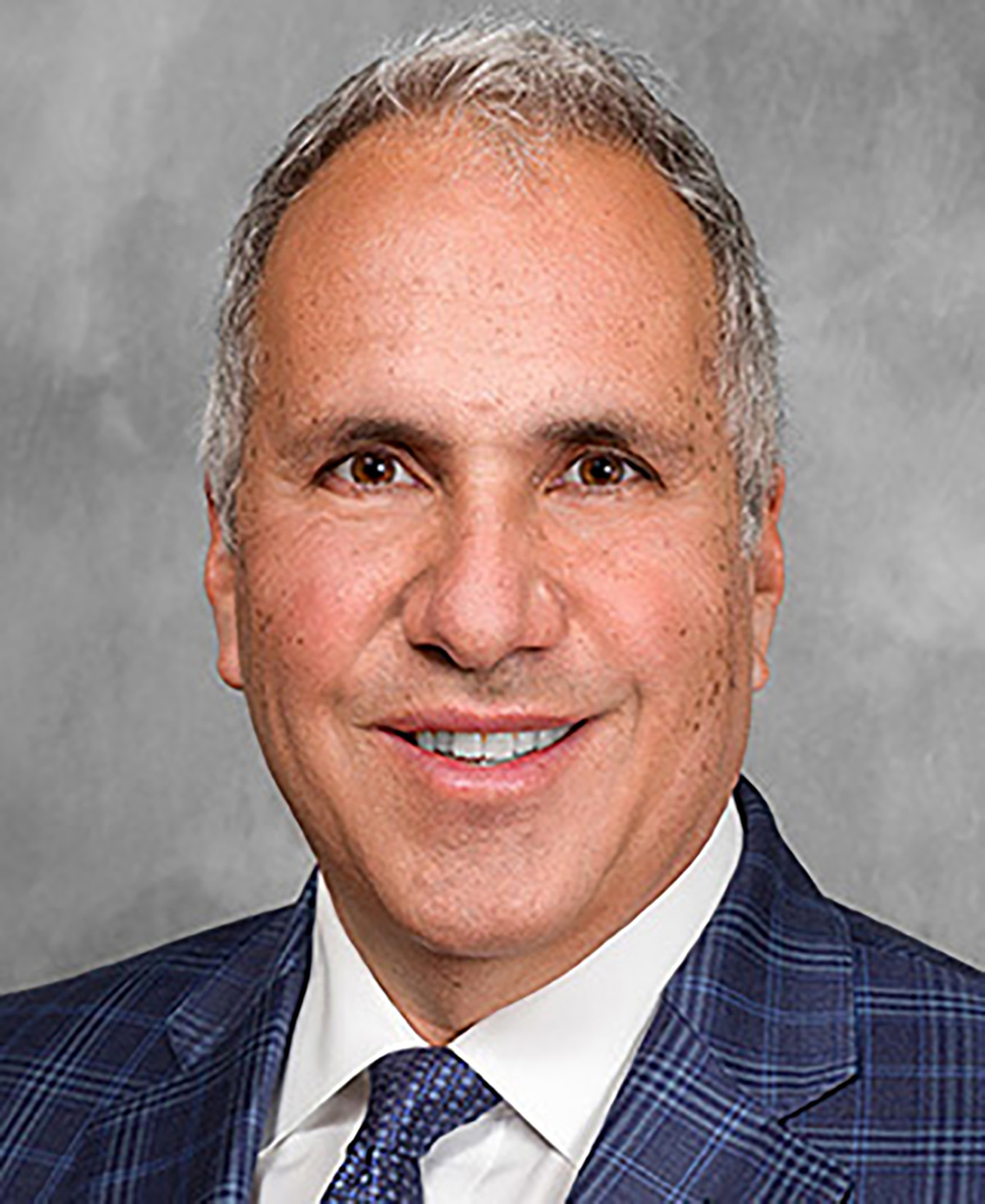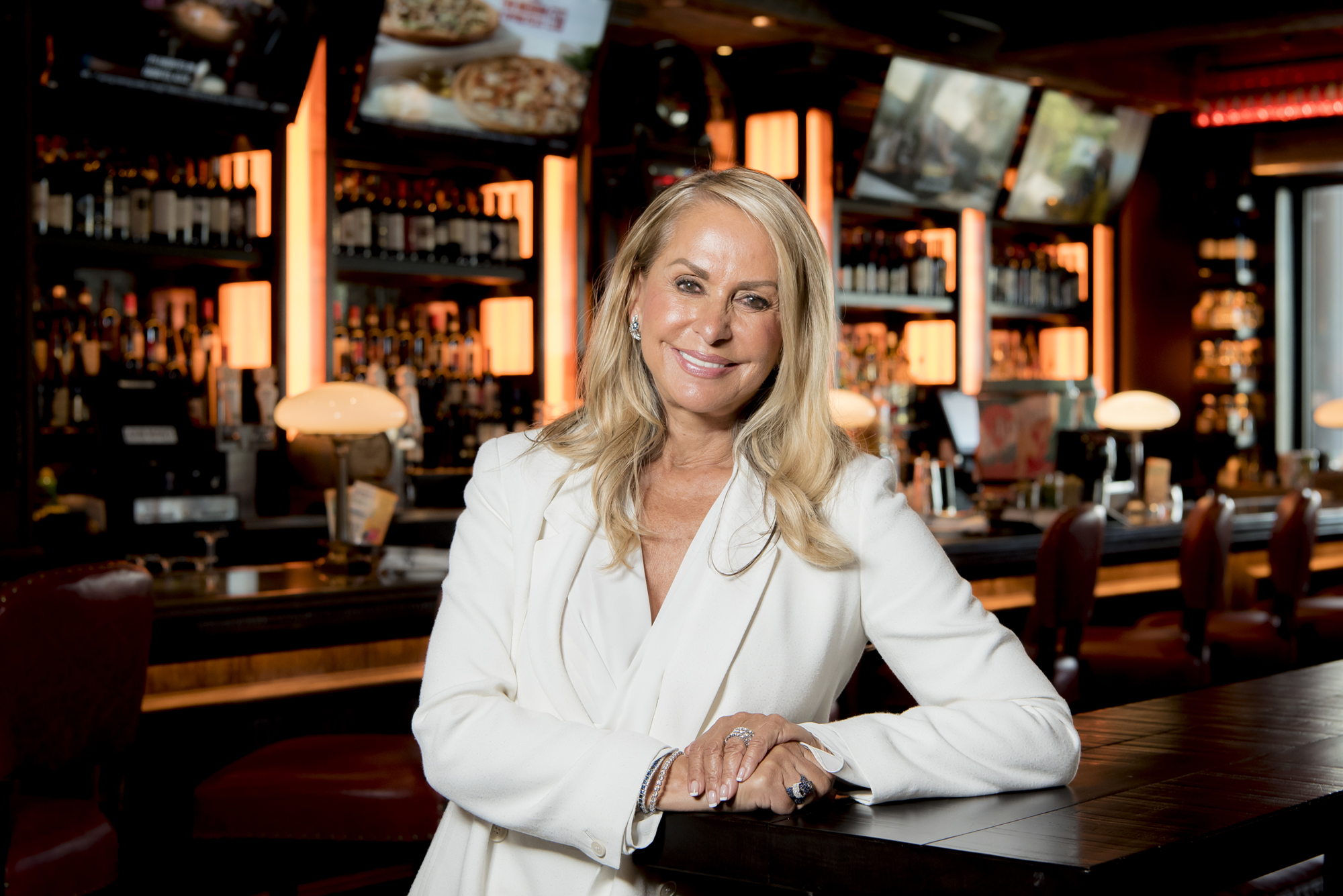Chief executives share insights on industry changes
By Andrea Richard
Disruption and change were at the top of mind for panelists at the Jan. 17 South Florida Executive Roundtable, a monthly executive-level luncheon. City Furniture CEO Keith Koenig, for example, says his company plans to bring waterbeds back soon. He was joined by Nikka Copeland, senior vice president of World Fuel Services; Margi Nothard, president of architecture and design firm Glavovic Studio; and Jose Biton, chief financial officer of Intcomex, a distributor of technology products. SFBW is the exclusive media sponsor, and Editor Kevin Gale was the moderator. For information and tickets, visit SFexecRoundtable.com.
What do you consider to be your organization’s largest challenge, looking forward three, five, 10 years from now?
Biton: Our business is about bringing new products into Latin America and the Caribbean. For us, the challenges are how do we remain relevant? Changing tax structures will make us relevant, because the company is not going to want to do the work, do withholdings, when they can go after the U.S. or European markets. For sure, our biggest risk is disintermediation.
Nothard: In the future, one of our challenges is to remain innovative and to continue to seek ways to impact society. For us, we’ve taken on affordable housing sustainability. What that means as designers and architects, we really need to understand the decisions we are making now and [their] impact on how we innovate forward. We want to make sure that the talent that we are going to be finding in the future, and the technology that we will be using, are all parts of that equation.
Koenig: In the retail world, clearly, the biggest disruptor is the change and channel of the internet. In the furniture space, it’s a little bit different, but essentially the trends are still the same. Retail is getting disrupted by Amazon, primarily, and other internet providers. In the home furnishings industry, there’s a company called Wayfair [that is] extraordinarily able to create an enormous assortment of products and offer it in compelling offers to the consumer. Logistics on furniture—most of you probably prefer not to assemble your bedroom furniture or have it dropped off at your front door. We all started liking Ikea furniture because it is well-made and priced well for the value that you get. We are reinventing our whole store experience to make the shopping experience more exciting. We are adding wine bars to our stores, so Wednesday nights will be wine and design.
Copeland: Unless you talk about Google, Apple or Amazon, I can’t think of any other major examples of extraordinary success. And they have threatened to disintermediate most of our businesses. It’s the same issues and challenges for us. How we are approaching it is, well, No. 1, we have to be extremely good at the hygiene factors: making sure that customer service is great and that we deliver our projects properly, making sure our bills are paid and that we are easy to do business with. Those are expected; no one gets extra credit for doing those well. In addition, that’s where innovation comes into hand. We have started experimenting with pods of people and talent. People who have similar talents and interests, putting them into self-directive groups and giving them a difficult problem to solve. And this is where we are getting ideas—machine learning, and learning the behaviors of our customers through data. Through machine learning and [artificial intelligence], we are adapting our offerings to hook customers.
Nikka, I was looking on your website and I saw some impressive numbers: 5,000 employees, 8,000 service locations, $27 billion in revenue for 2016. How did you as a company grow to this size and scale?
Copeland: You see technology five years ago, we used to talk about it as a company advantage. Now, technology is ubiquitous. You buy it. You develop it. One way or another, everybody is going to have the same technology very soon after you. We started focusing on agility, a concept that started in software design. We started bringing [it] to our business, starting with the customer in mind, thinking about if we release this new offering, this new software for business and for pilots—why would they need it? What would be the value to them? Then we go backwards and analyze. It is not easy to change a culture. The faster we can move toward a business-agile culture that empowers people and allows them to work with a purpose on teams that make sense to them, [and] the faster we are going to get to a place where we continue to be relevant and feel good about the future.
City Furniture made some big strategic decisions, changing the name at one point. You opened a huge warehouse in Tamarac. And you have your own green fleet and fueling station right on your property. How do you decide when the right time is to do a major innovation like that?
Koenig: I don’t think there is any right time to do any innovation. We have to keep our antenna up at all times to identify where the opportunities are. We are trying to innovate where we can and add value for our customers, so that we can keep our costs low and deliver the product and service that they want.
Margi, Magic Leap is one of your clients. Can you give a 30,000-foot view on how they are a disruptive company and what it was like working with them?
Nothard: We are currently finishing up a 250,000-square foot renovation of Magic Leap’s headquarters in Plantation. They are a technology company in the augmented-reality and mixed-reality space. What we were able to do was respond to the vision of Rony Abowitz, the CEO, and work with the company. The architecture responds to their vision, and we created an environment that reflects the company’s culture and how the employees engage with each other. The existing space was a typical cubbyhole environment that can be depressing to work in. To create a space that wouldn’t feel like that was a challenge, and it had to be done in 14 months. They had to move over 1,000 people in there from start to finish. So really listening to their vision, we built the interior architecture to fit what they needed and wanted.
What are you seeing for disruption in the field of architecture? What is going on now, and what do you see in the future?
Nothard: We need to constantly bring in new technology in our field. In 2007, we started using Revit [design software] early on, when we were working on a children’s museum design. One of our earliest challenges was having our engineers wanting to do this. Now everyone is using Revit, and you cannot be competitive if you are not. But the parametric modeling now, where people are writing their own scripts for projects, [as] people like [famed architect] Zaha Hadid did, puts you on the cutting edge of design. The average firm is not doing that.
I saw on Intcomex’s website some incredible numbers: 50,000 resellers, 180 manufacturers, over 12,000 SKUs and over 1 million square feet of storage centers. What sort of things are you doing for disruption?
Biton: On the disruption side, with respect to how we manage those numbers of customers, that’s, in my opinion, a lot less about innovation and creating disruption. That stuff is about blocking and tackling. That’s about making sure you have good process in place and systems in place that make your jobs easier. Whatever you can automate, you should automate. Now, BankUnited is one of my lenders, [and] we created a unique structure to bring[its accounts receivable operation] back into the U.S. and recycle it back into Latin America. AR is considered cash. It allows us to grow easily. From the financial side, we believe we are the only firm that has that kind of structure. ♦








